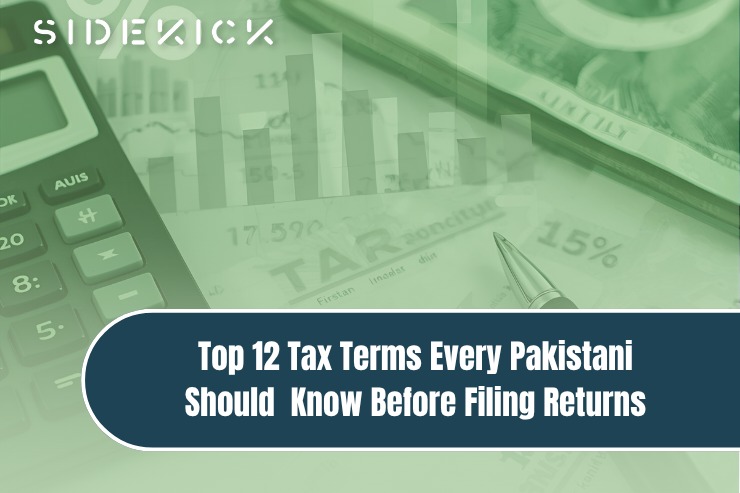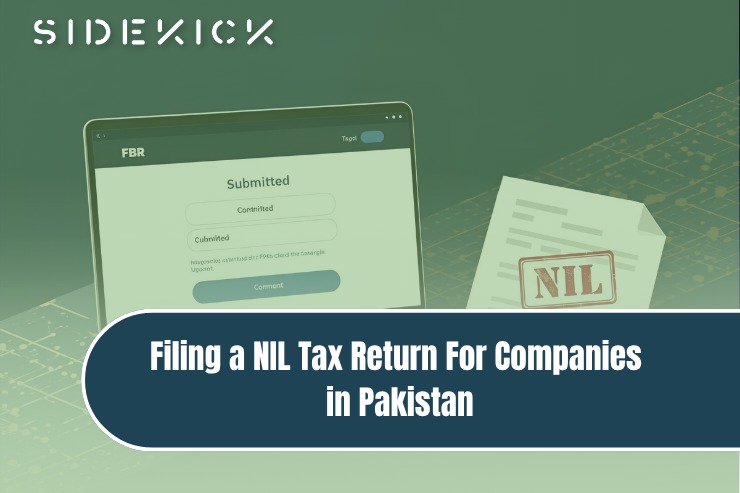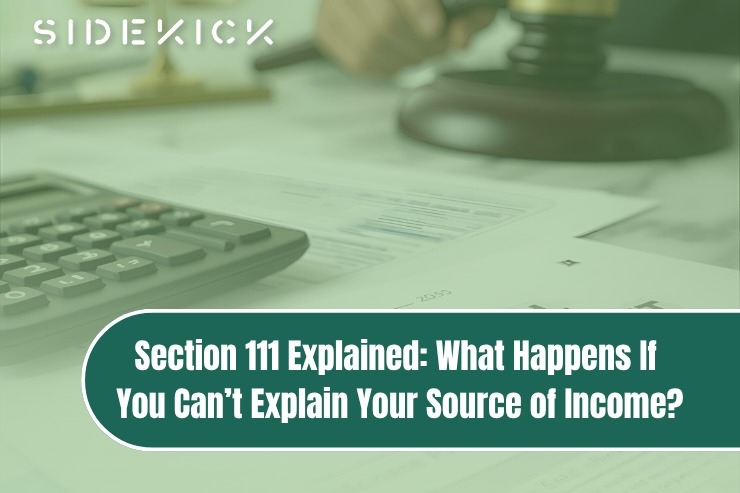The process of filing an income tax return can be less intimidating if you are familiar with the income tax basics and tax terms. In Pakistan, where compliance is more of a jargon game, understanding a few terms related to income tax can help you sail smoothly in your voyage of filing your income tax. No matter if you are a salaried person, freelancer, or run your own business, understanding basic tax terms will benefit you to practice smart financial management. This blog educates you on some common income tax terms in Pakistan that help you in the process of filing income tax returns.
Do You Really Understand The Key Tax Terms Before Filing Your Returns?
Get in Touch
Fill out the form below, and we will be in touch shortly.
1. Tax Year
The tax year, also known as fiscal year, is between July 1st and June 30th in Pakistan. What you earn in this time of the year is what you will pay or even refund you may get in the form of taxes. The correct year is very important to know, many taxpayers submit their returns with the wrong year which results in the rejection of their tax returns or punishment.
2. NTN (National Tax Number)
The NTN is your tax identification number. It is obligatory and issued by the Federal Board of Revenue (FBR) to file returns, open business bank accounts, and carry out numerous financial transactions. If you need one, you can get it online using the IRIS portal, which is no longer a complicated exercise, but still necessitates attention to detail.
3. Income Tax Return
An income tax return is the official record of your annual income, assets, deductions, and liability. It is not only a matter of compliance in terms of submitting it every year, but also the way to show your legal income with loans, visas, or government contracts. Late filing will lead to fines and penalties, therefore, your calendar must be marked before the deadline (usually September 30th)
4. Taxable Income
The amount that is left after the allowable deductions and exemptions have been deducted from the total income is referred to as your taxable income. This can be in the form of an annual salary, rent, business gains or investment gains. Knowing the process of this calculation will enable you to estimate your tax potential in Pakistan and strategize deductions.
5. Tax Credits and Rebates
A tax credit is an incentive offered by the state to taxpayers who have already paid taxes. It is a relief that will lower the tax bill of the taxpayer. Tax credits may be in various forms which can be a refund of taxes paid in the preceding year, advance tax, withholding tax, or incentives on particular forms of investments. Tax rebates and tax credits often overlap in effect as both offer incentives on tax. A tax rebate is a payment of tax already paid or an amount of tax that you are liable to, usually as a relief or adjustment. For instance, a teacher rebates or where excess tax was collected.
6. Withholding Tax
It is a tax charged at the sources, that is to say, it is levied before you even get the payment. For example, taxes on payment, bank transactions, and registration of vehicles. Although this might seem like paying more, in most cases, you can usually claim deductions in your annual return to avoid double taxation.
7. Advance Tax
Advance tax is paid in installments at the end of the year, particularly in cases of businesses or persons who have variable income. It is a pre-payment of estimated income. The inability to pay it in time can result in further interest or penalties. Therefore, it is better to think ahead in case your income varies.
8. Tax Exemptions
Certain sources of income and entities do not qualify as a taxable entity under Pakistani law. For instance, certain welfare trust funds, export incentives, or agribusiness income. Getting accustomed to exemptions will make sure that you stop paying more than you should. This is a part of being familiar with the basic concepts of tax on income and how to remain compliant but not overpay.
9. Tax-deductible Expenses
The FBR does not consider all spending as equal. Your taxable amount can be decreased by certain business or professional expenses, such as depreciation, utilities or rent. In the case of a salaried person, deductions are restricted. The salary is taxed as a fixed income; there is no personal or professional expenses that can be charged against the salary. The only exemption that might apply is medical reimbursement only when valid documentation is presented according to FBR regulations.
10. Minimum Tax
Minimum tax is a tax on turnover (sales) which is imposed under Section 113 of the Income Tax Ordinance. It is applied if the normal tax calculated is lower, it guarantees a minimum contribution by the taxpayers, and the difference may be added to be adjusted later.
11. Adjustable Tax
An adjustable tax is a tax deducted at the source or paid upfront and offset against the final tax account of the taxpayer upon filing a return. In case it is greater than the liability, then the balance may be refundable or carried forward.
12. Final Tax
Final tax refers to a withholding tax that is considered to be complete and final payment of tax on that income. No deductions, allowance, or adjusting of such income can be made and the income under final tax cannot be taken into consideration in the computation of total taxable income.
How Sidekick will Make You File Your Income Tax Return Confidently
There is no need to make filing taxes look like a puzzle. Sidekick can make the process easier for individuals and businesses in Pakistan. Their team, with expertise, takes care of all the tasks, including registering in the FBR IRIS portal and preparing returns, performing compliance audits, and staying in touch with authorities. Sidekick provides you professional advice on deductions, rebates, and exemptions, a clear-cut analysis of your income and withholding statements, on time filing with no errors, and recommendations to enhance the financial planning of the next year. You can count on Sidekick to get your returns correctly filed, whether you are a newcomer or handling numerous sources of income.
Conclusion
Taxes are not something to be looked upon as a burden rather, they are an indication of being a part of a common legal system. Familiarity with the tax terms is the key to compliance. It may seem that the tax system in Pakistan is very complicated, but it is possible to understand everything by following one concept at a time. However, should you have any doubt, Sidekick is ready to take you through every step, point by point, on your side.







